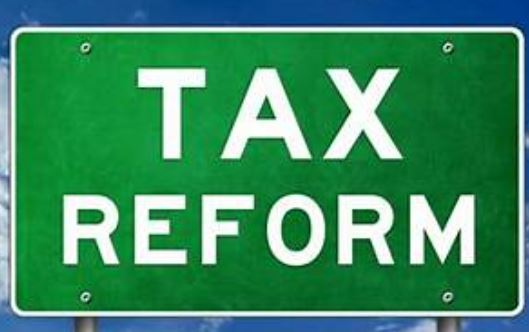By Dickson Omobola
International Air Transport Association, IATA, has condemned Federal Government’s new Tax Reform Acts, saying the policy violates International Civil Aviation Organisation, ICAO, rules and Economic Community of West African States, ECOWAS, regulations, which prohibit member states from imposing taxes on air passengers and goods.
Although the federal government insisted that the newly introduced taxes, which would take effect on January 1, 2026, would be beneficial to the country’s air transport sector, IATA demanded that it be readjusted to align with treaties signed by Nigeria.
The disagreement on the new policy came to the fore during a Business Webinar themed: ‘Nigeria Tax Act (2025) and the Aviation Industry,’ held by Aviation and Allied Business and the Federal Inland Revenue Service.
Speaking at the meeting, Area Manager, West and Central Africa, IATA, Dr Samson Fatokun, argued that aviation was a global business and the new taxes were contradictory to international treatise to which Nigeria is signed.
Fatokun said, “Aviation is a global business. There are treatises signed by different countries to regulate the industry. In November 2024, Nigeria and other West African countries signed to reduce the high cost of travel in the region. We cannot sign such a regional act and our own legislation is different.
“We need to readjust our tax laws to fit into ICAO and ECOWAS regulations, to which we are signed. If not, it will be contradictory. The Nigerian tax authorities need to be in the know of the treatises that guide an international industry.”
Meanwhile, Assistant Director, Nigeria Revenue Service, Mrs Nkechi Umegakwe, maintained that the new reforms would boost government revenue through measures such as VAT recovery, improved cash flow for businesses, and stronger compliance via digital invoicing and tracking.
According to her, it was mandatory for airline operators, including other allied businesses in the aviation sector, to now pay the Value Added Tax, VAT.
She said: “VAT is a consumption tax on the goods and services to be borne by the end users and not the suppliers. Once the new tax reforms become operational, whatever you bring in as an airline, including aircraft, engines, spare parts and others, you must pay VAT on them.
“Understanding the implications of recent tax law reforms is critical for businesses. It promotes voluntary compliance, reduces exposure to penalties, safeguards corporate reputation, and supports uninterrupted operations across the sector.”
Meanwhile, Minister of Aviation and Aerospace Development, Mr Festus Keyamo, in his remarks, said he had made a case for aviation to be exempted from the new taxes.
Represented by Director of Air Transport Management, Mr Mohammed Tijani, he said: “The aviation industry has its peculiarities. Although tax has come to stay, the aviation sector, through the minister, has made a case for the industry, and it is still being considered.”
The post IATA, FG clash over new Tax Reform Acts appeared first on Vanguard News.

